Tu n'as plus assez de jetons pour télécharger ce document !

Pour gagner des jetons
- Envoie-nous un document ! +20Envoyer
- Poste un commentaire de qualité ! +5
Cours d'anglais, niveau Bac+4; sur la pauvreté en économie - Absolute and relative poverty (economics)
Extrait:
In general, everybody agrees that poverty indicates a shortage of some sort. Although, not all shortages can be equated with poverty. In the 18th century, poverty was considered inevitable and even a necessary fact of life. Thomas Malthus[1] (1766-1834) considered that it was natural to control the growth of the population be it by starvation[2], because if help was given to the poor[3], they would have more children and they would beget[4] too many mouths to feed. Population, he said, increases in a geometrical ratio whereas subsistence increases in an arithmetical ratio. [...]
Intro:
In general, everybody agrees that poverty indicates a shortage of some sort. Although, not all shortages can be equated with poverty. In the 18th century, poverty was considered inevitable and even a necessary fact of life. Thomas Malthus[1] (1766-1834) considered that it was natural to control the growth of the population be it by starvation[2], because if help was given to the poor[3], they would have more children and they would beget[4] too many mouths to feed. Population, he said, increases in a geometrical ratio whereas subsistence increases in an arithmetical ratio.
More recently, poverty has been seen not as a fatality but as something that should be eliminated. Something should be done about it anyway[...]
Plan:
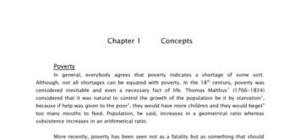
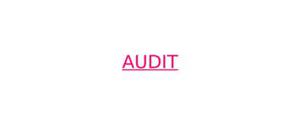
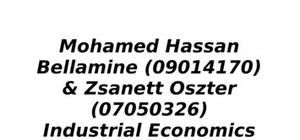

The success of Facebook is only the beginning for Zuckerberg ...
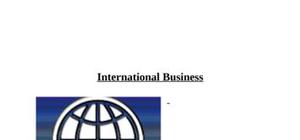
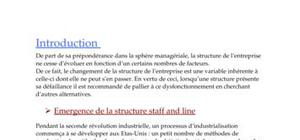
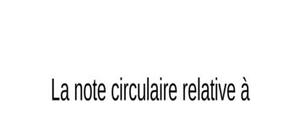


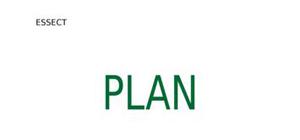
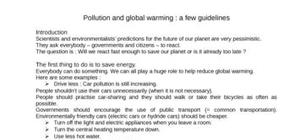
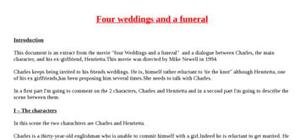
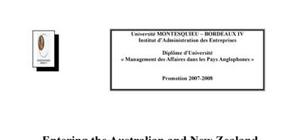
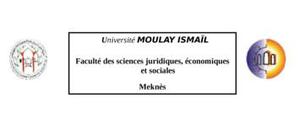
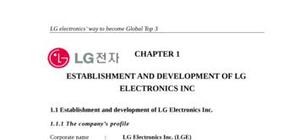
Crée un compte gratuit pour télécharger ce document
Je m'inscrisOUJ'ai déjà un compte
Je me connecte